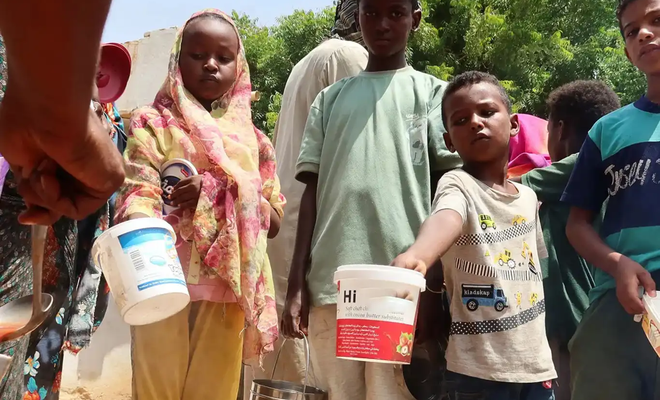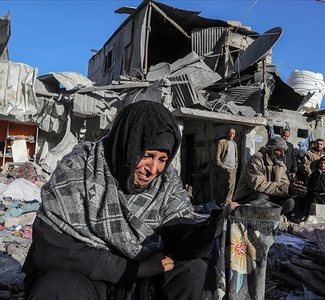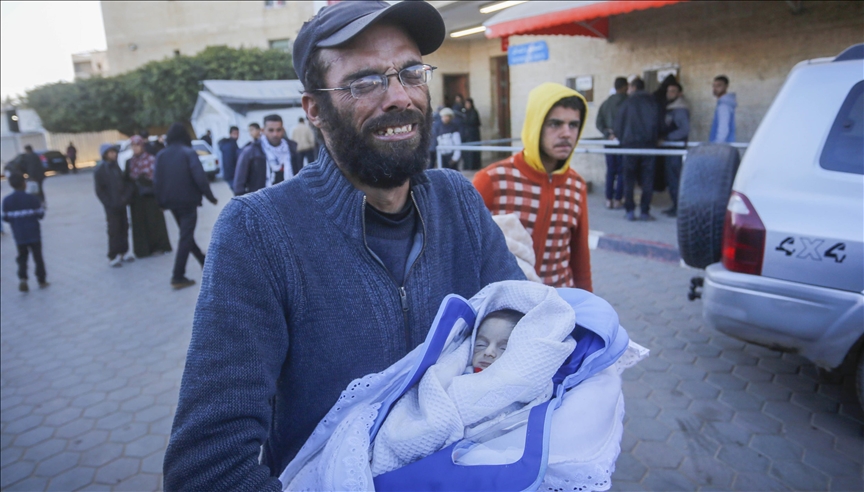Sudan faces unprecedented hunger catastrophe, warn UN agencies
Sudan is facing a hunger crisis of historic proportions, according to new projections released today by three United Nations agencies.

 Google News'te Doğruhaber'e abone olun.
Google News'te Doğruhaber'e abone olun. Over 750,000 people are experiencing catastrophic levels of food insecurity, with 25.6 million people in crisis levels of hunger.
The Food and Agriculture Organization of the United Nations (FAO), UN Children’s Fund (UNICEF), and the UN World Food Programme (WFP) have issued urgent warnings about the rapidly deteriorating conditions, especially for children, as food security continues to be devastated by ongoing conflict.
The agencies stress the need for an immediate ceasefire, renewed international efforts—both diplomatic and financial—and unhindered humanitarian access to expand and speed up the humanitarian response. The conflict, which has been raging for over a year, has forced more than 2 million refugees to flee to neighboring countries.
The latest data from the Integrated Phase Classification (IPC) indicates that 755,000 people are in catastrophic conditions (IPC Phase 5), with a risk of famine in 14 areas. The most affected regions are those hardest hit by fighting, including the capital Khartoum and Gezira State, once Sudan’s breadbasket.
Compared to the last projection in December 2023, which showed 17.7 million people facing acute hunger, the current situation has worsened significantly. Now, 8.5 million people are projected to be in emergency levels of hunger (IPC Phase 4), up from nearly 5 million.
Director-General QU Dongyu emphasized the urgency of delivering life-saving seeds for the main planting season. FAO requires USD 60 million to meet its Famine Prevention Plan and ensure local food production. "The clock is ticking for Sudan’s farmers," he said.
Executive Director Cindy McCain highlighted the perilous conditions WFP teams face while delivering assistance. She called for a massive expansion of humanitarian access and funding. WFP has reached over 3 million people and aims to help an additional 5 million by year-end, including through new humanitarian corridors.
Executive Director Catherine Russell warned of the devastating impact on Sudan's children, with hunger and malnutrition spreading rapidly. UNICEF has provided nutritional screening for 5.5 million children and treated 322,000 children suffering from severe acute malnutrition. They are scaling up their response to prevent more child deaths and provide essential services.
FAO, UNICEF, and WFP are working tirelessly to prevent famine and alleviate the suffering of millions in Sudan. The international community’s swift action is critical to support these efforts and prevent a full-scale humanitarian catastrophe. (ILKHA)



















































